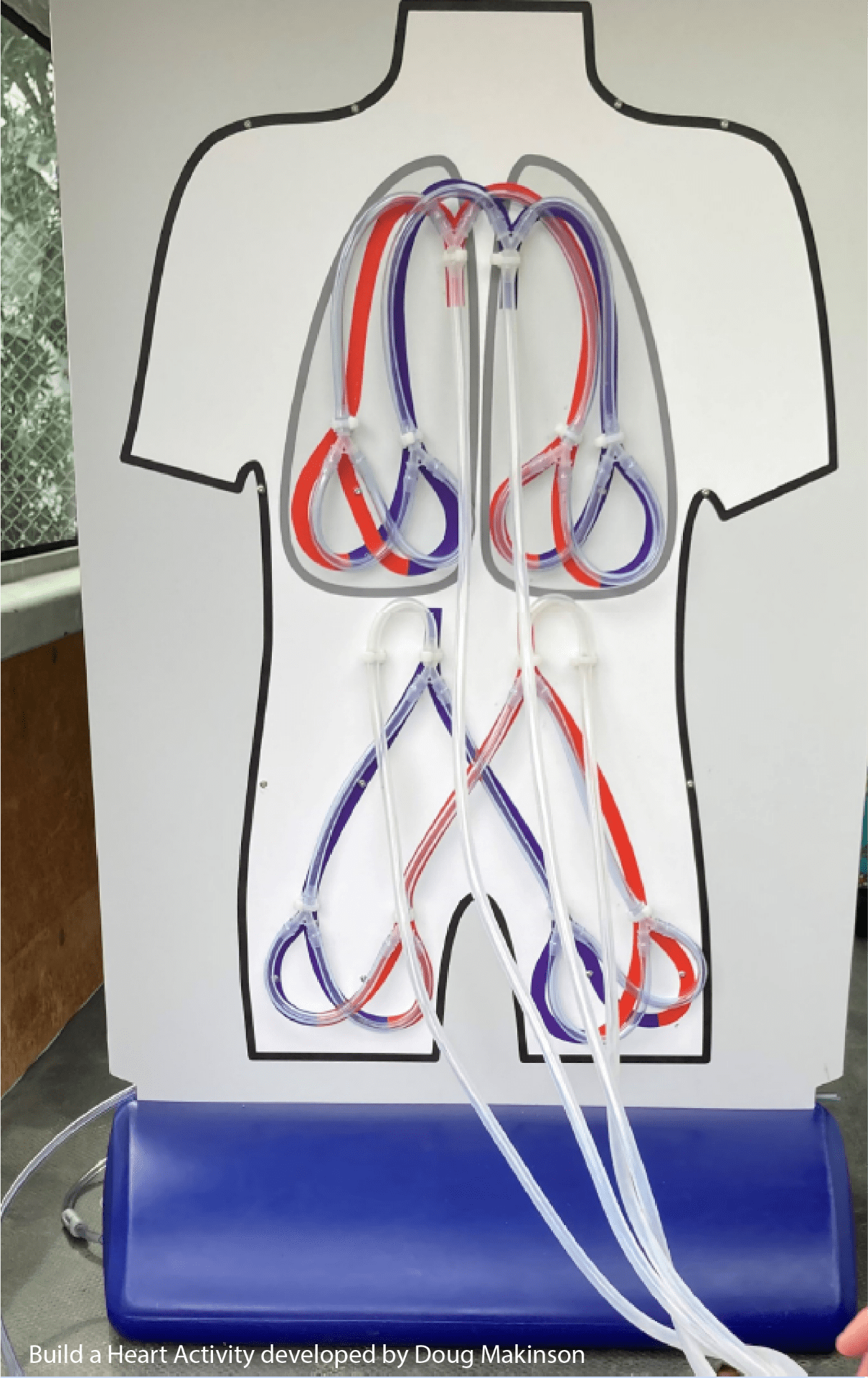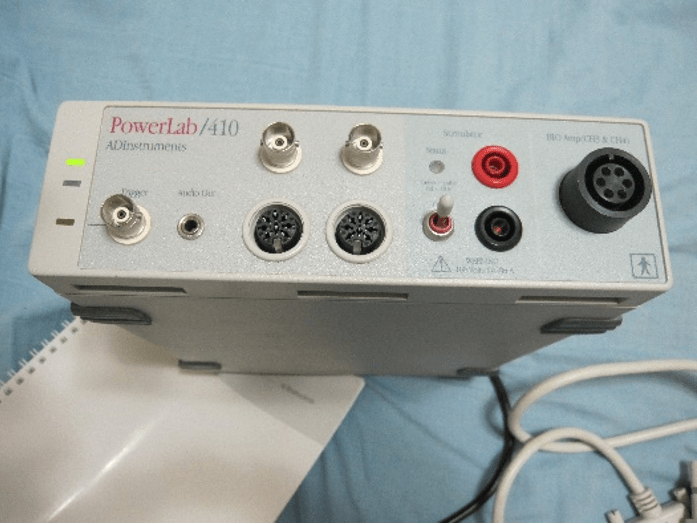Outreach Programme
Inspiring the next generation
Our aspiration is to inspire students to be the next leaders and innovators science and heart health.
An important aim of science education for younger students is to build positive attitudes and curiosity towards science by providing them with captivating experiences. Our aim is to provide hands-on, fun engagement with science, and how they can participate, feel empowered, and become leaders for their community, for Aotearoa
“Manaaki Manawa outreach and education programme is very community driven with co design element at its core. “

Our Aims
Our Aims
Our outreach programme will establish:
1. A relationship between the heart centre and low decile secondary schools. We attend existing hui and fono at schools and seek feedback from teachers, students and their families to help us improve our programmes, including mapping to the existing curriculum.
2. An off-site programme where we will visit schools. This is targeted at year 10 students to encourage uptake of science at Level 1. An on-site project at year 11, where students and whānau/community mentors visit our labs/ clinics and meet scientists and health professionals, to help students achieve and retain sciences into Level 2 (Year 12).
3. E-learning support: interactive on-line experiments, career-path exploration tools, and “ask a scientist or health professional” engagement.
Success will be measured by:
- Qualitative and quantitative feedback from all partners on the value of the project and desire for future uptake
- Student engagement in class and online metrics
- Retention of students in science from years 10-12.

Hands on approach
The outreach programme is led by tertiary educators, scientists, graduate students and high school educators, most of whom are volunteering their time and expertise to support the programme.
By bringing the lab to the students, they will be able to have a chance to use diagnostic and research equipment to understand how we capture data and understand the physiology of how the heart works with real life scenarios. Through activities specifically designed by education specialists, students get to use their problem solving skills to understand the anatomy and mechanics of the heart and circulatory system.
By getting students engaged, entertained, and excited in these activities, we hope to spark their curiosity and desire to learn more.
